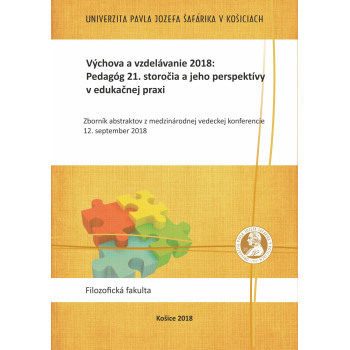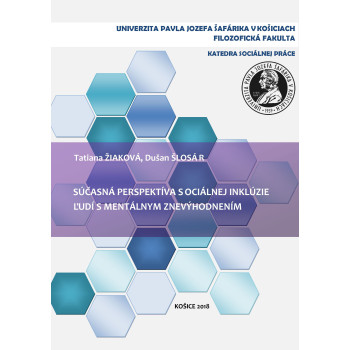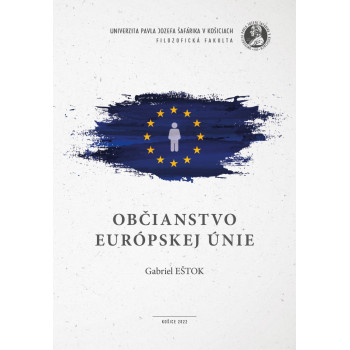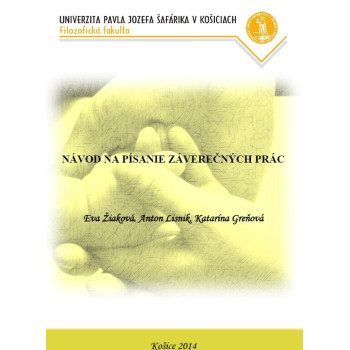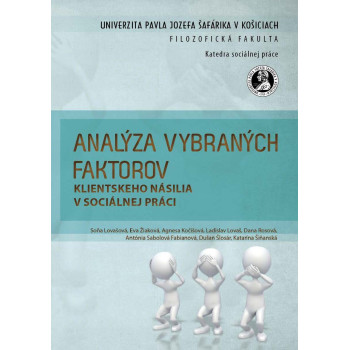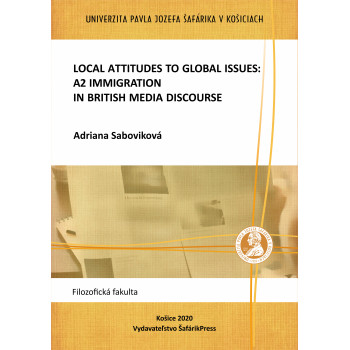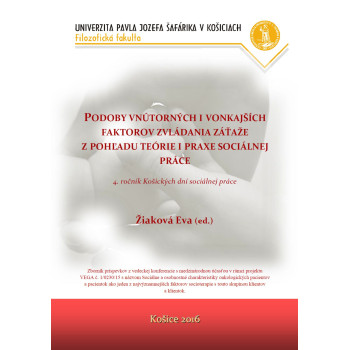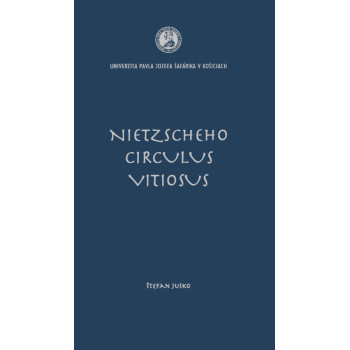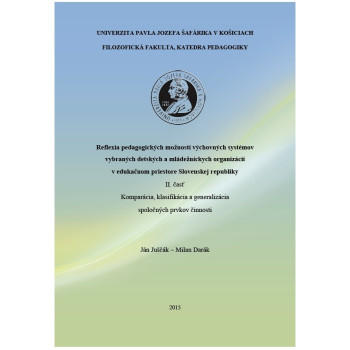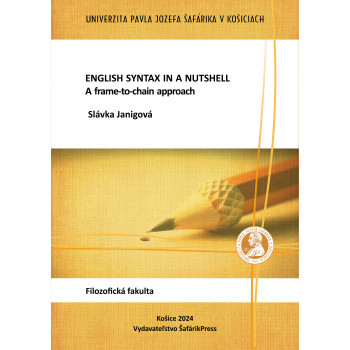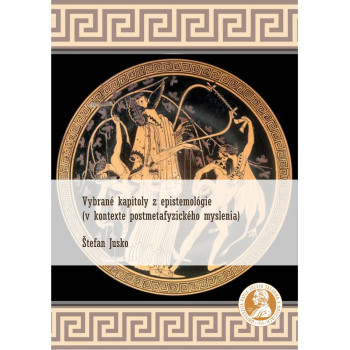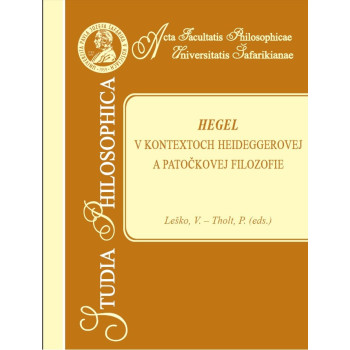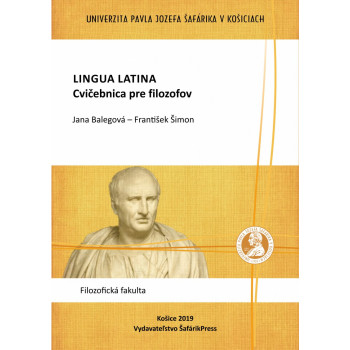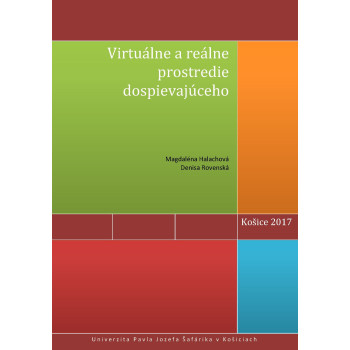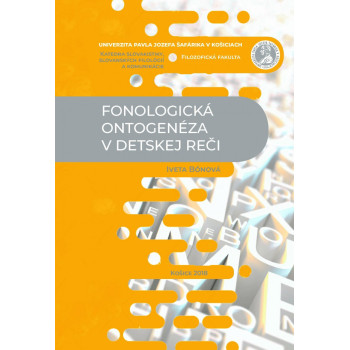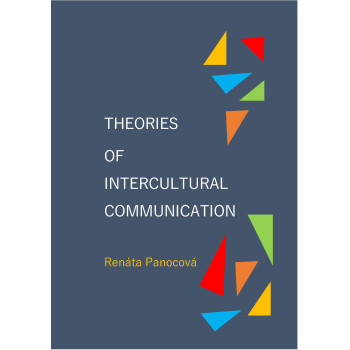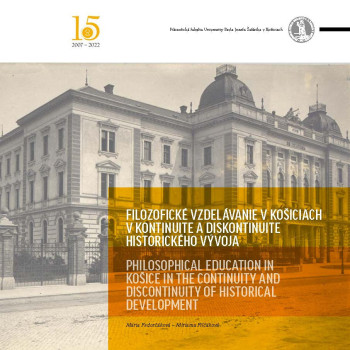
Výchova a vzdelávanie 2018: Pedagóg 21....
E-book
Renáta Orosová - Lucia Diheneščíková - Katarína Petríková - Lívia Nemcová
Proceedings of Abstracts from the International Scientific Conference: Education and Training 2018: The 21st Century Educator and Their Perspectives in Educational Practice
The international scientific conference focuses on issues related to education and training in primary, secondary, and higher education institutions from the perspective of educators.
It emphasizes the current state and future perspectives of 21st-century educators in educational practice, addressing pedagogical and sociological aspects of education within foundational educational institutions. Additionally, it explores contemporary aspects of pre-service teacher preparation.
The conference is aimed at researchers, young university lecturers, doctoral students, as well as professional and educational practitioners. Its goal is to present the educator—whether a teacher, social pedagogue, or special educator—in a modern perspective, highlighting their essential collaboration in the context of education. Furthermore, it seeks to stimulate discussions on pressing issues within the fields of education and training in light of the current situation in the education sector.



